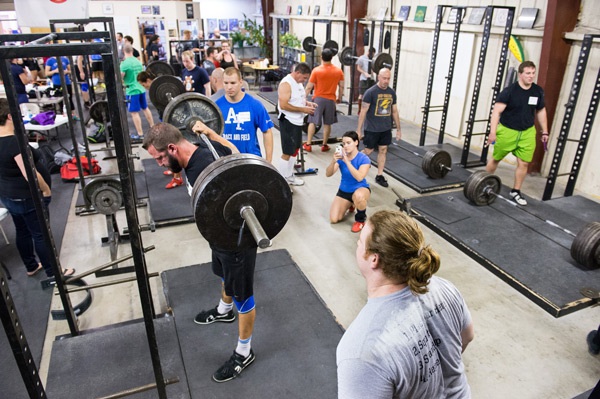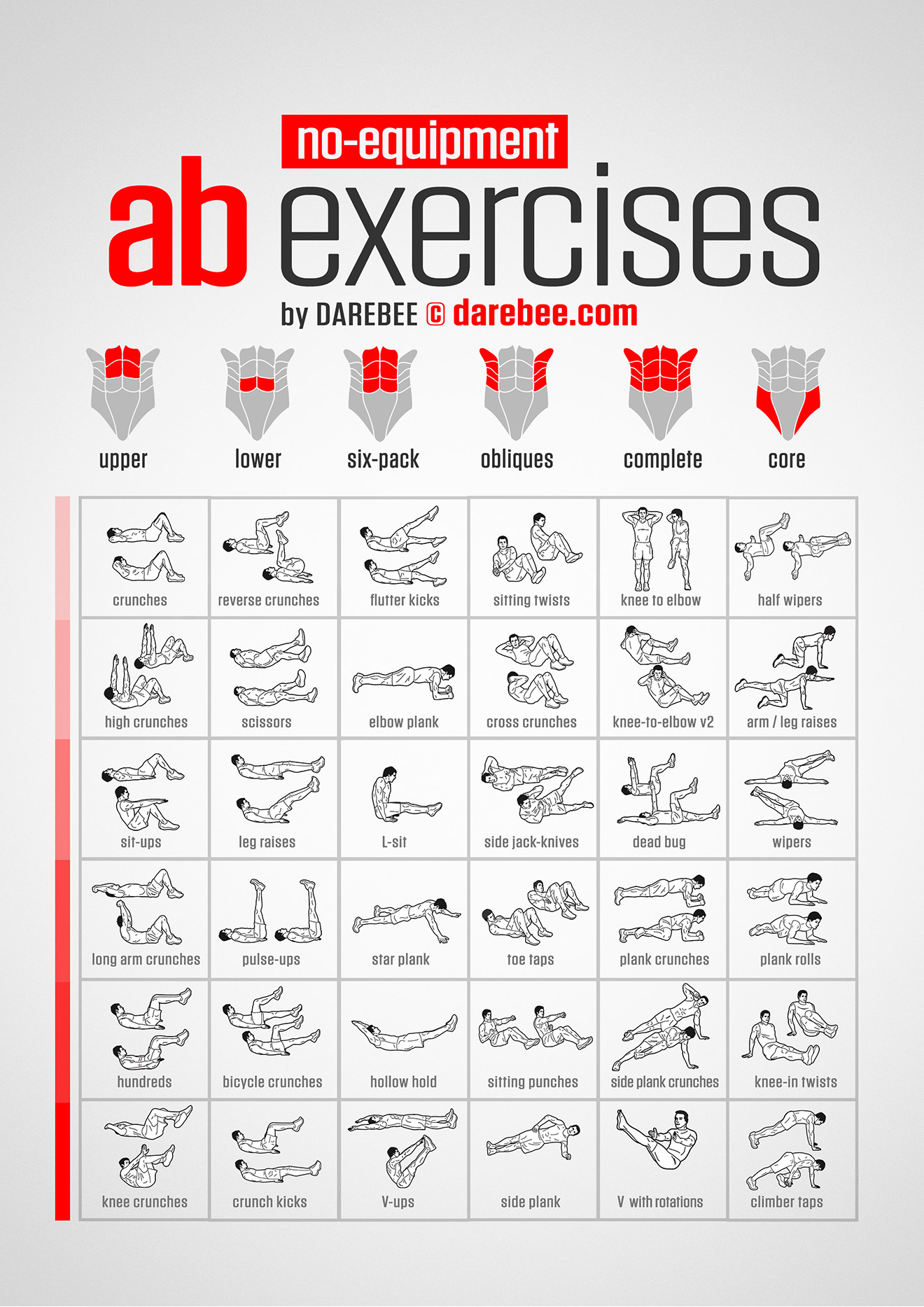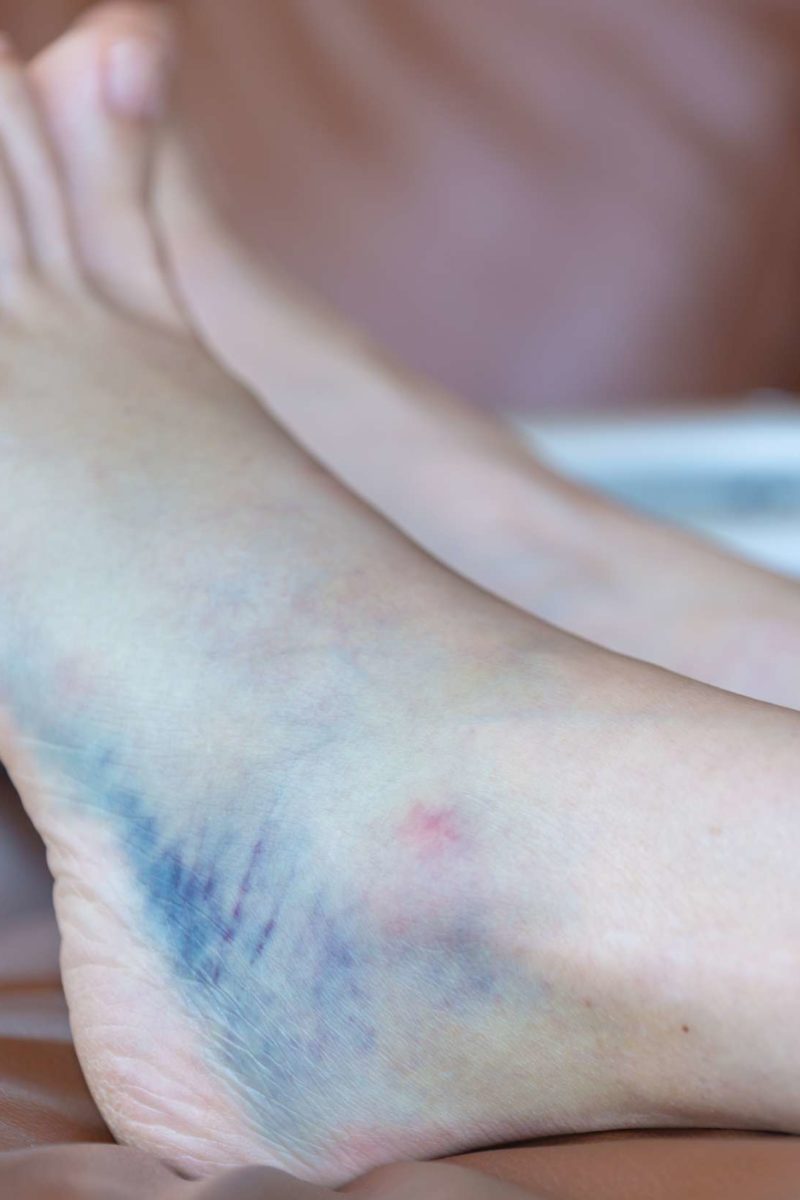When your heart rate is too fast its called tachycardia. These can occur from the top chamber or the bottom chamber of the heart.
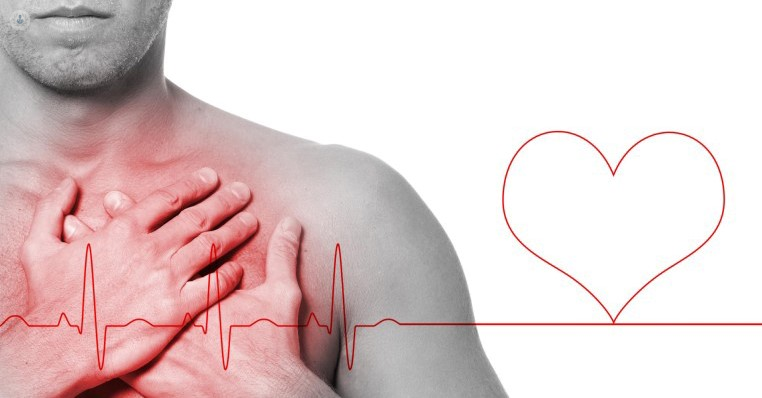 Why Is My Heart Beating So Fast
Why Is My Heart Beating So Fast
A rapid heartbeat may be your bodys response to common conditions such as.
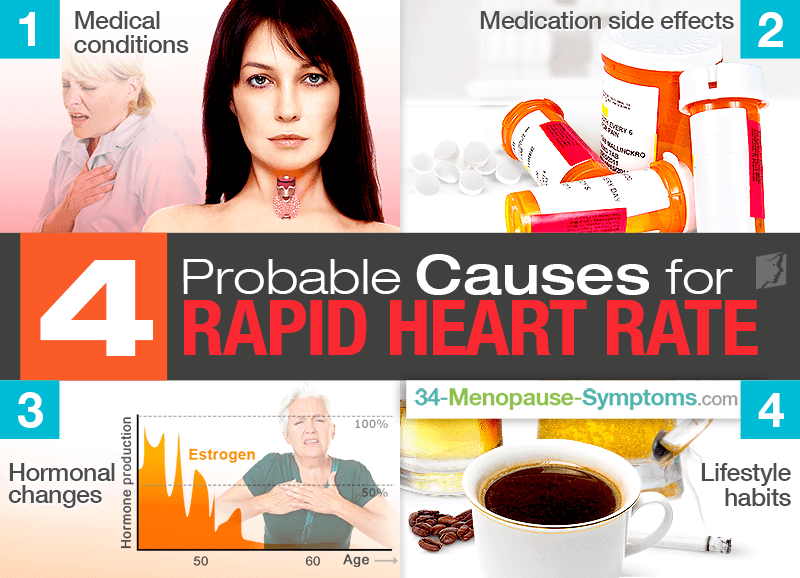
What causes fast heart rate. Usually though a high heart beat is not due to heart disease because a wide variety of noncardiac factors can speed the heart rate. Sinus tachycardia is a normal increase in the heart rate. Abnormal electrical signals in the lower chambers result in a rapid heart rate.
But some experts tend to think that the ideal resting heart rate is 5070 beats. The electrical system of the heart itself can cause a fast heart rate if there are short circuits that occur within it. Causes of a slow heart rate.
Tachycardia is a condition where your heart rate is very high. Here are some of the most likely reasons your heart is racing. In this condition the hearts natural pacemaker the sinoatrial SA node sends out electrical signals faster than usual.
Treatment of an abnormally rapid heartbeat varies depending on the specific type of underlying heart rhythm its underlying cause your age and medical history and other factors. WebMD explains what causes your heart to. These include fever a low red blood cell count anemia an overactive thyroid or overuse of caffeine or stimulants like some over-the-counter decongestants.
It speeds up when you exercise slows down as you recover from exercising and is usually at its lowest while you sleep. These are known as tachyarrhythmias. A rapid heartbeat can also be caused by many diseases disorders and conditions such as heart disease congenital heart defects and hyperthyroidism.
The heart rate is faster than normal but the heart beats properly. Garth Graham tells Bustle. Prolonged consumption of alcohol also causes the upper chamber of heart to beat at an abnormally higher rate.
Headache High blood pressure Pain or discomfort Rapid heart rate pulse Palpitations fluttering in chest Pounding heart pulse Rapid heart rate pulse Dizziness Nausea or vomiting Rapid heart rate pulse Rapid heart rate pulse Shortness of breath. Atrial fibrillation a fast heart rate caused by disordered irregular electrical impulses in the hearts upper chambers known as the atria. This can result from cardiovascular problems such as a previous heart attack and the use of certain drugs.
There are multiple things that can disrupt the electrical system of the heart. Atrial flutter when the atria of the heart beat rapidly but at a steady rate resulting in weak atrial contractions. There are numerous possible causes including drug reactions alcohol and certain health conditions.
Its normal for your heart rate to change throughout the day. Sometimes people have a slower heart rate than normal. Causes of sinus tachycardia.
The average resting heartbeat for a person is between 60 and 100 beats per minute. The pulse is a measurement of the number of heartbeats that a person experiences per minute. A very fast heart rate can be.
Dehydration causes strain on your heart and to compensate for lack of blood circulation your heart beats faster cardiologist Dr. However whats considered too. Plenty of unexpected things can cause your heart rate to go up.
Symptoms Causes Diagnosis Treatment Tachycardia is a common treatable condition that causes rapid heartbeat. Tachycardia is usually caused by anything that creates a problem with the electrical impulses which control rate of the pumping action of the heart. If you notice that your heart works faster the first thing.
The causes that can provoke tachycardia can be dangerous heart disease anemia or they just represent our reaction to the conditions we live in stress fever training. A normal heart rate is believed to be between 60 and 100 beats per minute. Fast heart rates from the top chamber of the heart are known as supraventricular tachycardia or SVT for short.
A fast heartbeat means that a persons heart beats at a higher rate than usual. For adults a fast heart rate is generally defined as a heart rate over 100 beats per minute. The most common high pulse rate causes can include heavy exercise and anxiety as well as medical conditions such as pregnancy an overactive thyroid and a fever.
Some of these are. This is called bradycardia and it isnt necessarily a problem. Damage to tissues of the heart due to heart disease.
How fast your heart beats depends on your age and overall physical condition. In general a heart rate thats above 100 beats per minute BPM is considered too high for adults.
